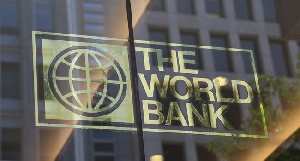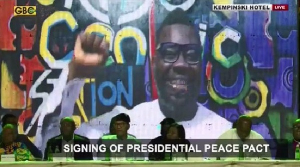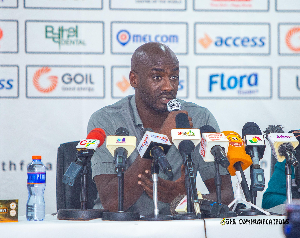The World Bank has said it worked to respond quickly with technical and policy advice, and scaled up financing targeted to the poor and towards improving development outcomes, as people in developing countries around the world faced multiple crises, including the COVID-19 pandemic
The Breton Woods institution said it support rapidly adjusted to help countries fight the pandemic by focusing on four priorities: saving lives threatened by the pandemic; protecting the poor and vulnerable; securing the foundations of the economy to shorten the time to recovery; and strengthening policies and institutions for resilience based on transparent and sustainable debt and investments.
To support these emergency programs, World Bank Group financing was significantly scaled up, reaching $74 billion in commitments.
Financing deployed, together with technical and policy advice and analytical support, is helping countries address health and economic impacts of the pandemic, maintaining countries’ private sector, aiding nations with food insecurity due to locust swarms in Africa and the Middle East, and combating widening inequality, among other key priorities.
“As developing countries face an unprecedented health, social and economic crisis that is jeopardizing decades of development progress, we have been working intensely on fast, broad actions to limit the harm and help countries prepare for recovery so they can rebuild better and stronger than before,” said World Bank Group President David Malpass.
He added: “We’ve been focused on helping countries overcome the pandemic with programs that reinforce healthcare systems, protect the poorest households, maintain the foundations of the economy, fight inequality and ensure a resilient and sustainable recovery.”
Over the fiscal year, which ended on June 30, the World Bank worked to further realign its delivery model for efficient coordination of work across its regions and global practices. The Bank’s new operational model, which came into effect on July 1, 2020, places country-driven development at the center of the delivery model, while strengthening thought leadership on development issues of critical importance to sustainable growth and poverty alleviation.
In addition, in FY20 the World Bank Group worked with the IMF to call on official bilateral creditors to grant debt relief to the world’s poorest countries: those eligible for International Development Association (IDA) financing.
The G20 agreed on a coordinated approach, and private creditors were also called on to contribute to the initiative. The Debt Service Suspension Initiative (DSSI), which came into effect on May 1, frees up resources for the poorest countries to respond to the COVID-19 pandemic and encourages debt transparency and sustainability.
Malpass added, “Even before the COVID-19 crisis hit, we were calling for greater attention to the debt issue in poor countries, and the DSSI paves the way for long-overdue action to increase debt and investment transparency and sustainability. We were able to contribute to a significant improvement in debt transparency over the fiscal year with the G20 endorsement and the launch of a website showing the creditor country composition of projected annual debt service payments for all 73 countries eligible for relief under the initiative. Transparency of all government financial commitments and investments is a key step in creating an attractive investment climate and could make substantial progress this year to deliver better outcomes for people in developing countries.”
Business News of Wednesday, 15 July 2020
Source: laudbusiness.com

















